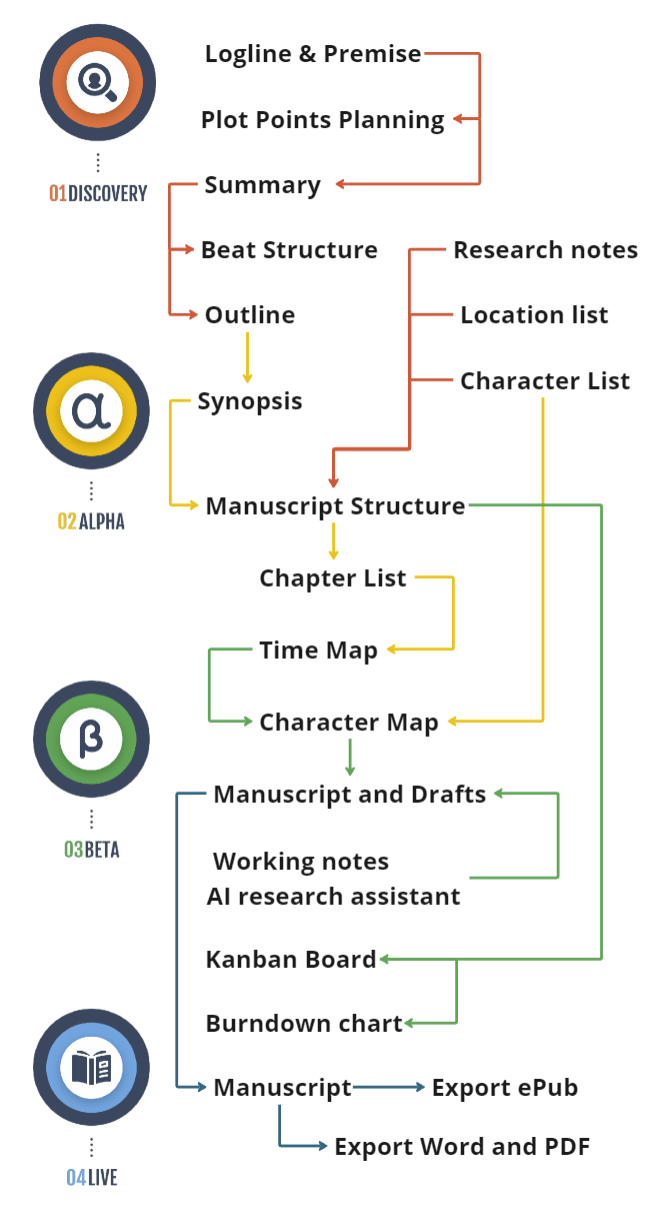Ever felt reluctant to cut a beloved scene from your manuscript during edits? Instead of discarding it forever, consider transforming those “lost moments” into bonus blog content or downloadable extras. By tying these snippets to your story—much like “The scraps from last night’s dinner” strategy—you provide superfans with an extended universe experience. This approach also helps with SEO as each scene-based post can be optimized around the keywords or themes relevant to that chapter or storyline.
These “missing scenes” are fully or partially written chapters that didn’t make the final cut, or character-centric perspectives that felt redundant within the main narrative. Rather than burying them in old folders, repurpose them into a teaser or special “director’s cut” for your blog. They can act as a stand-alone short story, a cameo showing more of a side character, or an alternate viewpoint of a key event. By labeling such content distinctly (e.g., “Bonus Scene: Character X’s Secret Mission”), you create a lure for committed readers who want more from your world. Both debut authors and established pros can elevate their online presence with bonus scenes. If you’re building anticipation for an upcoming release, these snippets whet appetites. If you already have a reader base, providing behind-the-scenes content deepens their loyalty. Writers who prefer an interactive approach can invite subscribers to vote on which “lost scene” they’d like to see published next—driving engagement and repeat visits.
- Curate Scenes Carefully
Skim older drafts to identify moments that enhance, but not contradict, your final storyline. A scene that clarifies a side character’s motivation or shows an earlier version of a pivotal event can be riveting to fans. - Revise And Contextualize
Tweak references so they align with the published continuity. Add a short introduction clarifying when or where this snippet would occur within the novel, helping new blog visitors follow along. - SEO Integration
Incorporate relevant keywords—like “deleted chapter from [Your Book Title]” or “bonus scene with [Character Name].” This way, people searching for extra content or details about your series can find it more easily. - Design A Page Or Post Series
If you have multiple outtakes, create a recurring blog feature (“Monday Missing Scenes”) or a dedicated “Extra Content” section on your site. This organizational tactic boosts user experience and helps search engines index the content effectively. - Prompt Reader Feedback
At the end of each snippet, ask for reactions. “Did this alter how you see Character X?” or “Should I bring this detail back in a future installment?” Interactive elements keep fans returning for more.
Sharing “missing scenes” fosters a sense of exclusivity. Readers love feeling like insiders with privileged access to your creative process. This extra layer of narrative invites them deeper into the fictional world, increasing emotional investment. From an SEO standpoint, each snippet targeting specialized keywords about your story or characters can draw fresh traffic—and potentially convert casual visitors into enthusiastic followers or newsletter subscribers.
Dive into your old drafts or archived manuscripts. Locate a scene you trimmed for pacing or plot cohesion—one that still enriches your world if read as a standalone. Polish it up with contextual notes, optimize it with search-friendly titles, and post it. Watch how your biggest fans devour the extra material, further cementing their bond with your fictional universe.




